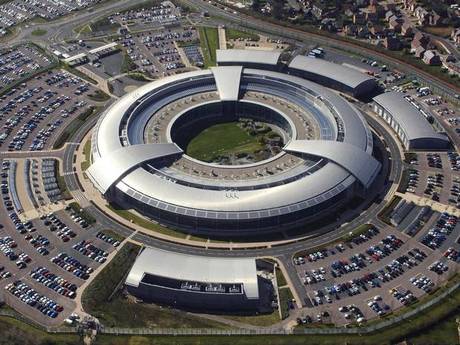Emergency data bill voted through House of Commons despite warnings of a 'serious expansion of the surveillance state'
The Data Retention and Investigatory Powers Bill (DRIP) was passed by an overwhelming majority of MPs

Your support helps us to tell the story
From reproductive rights to climate change to Big Tech, The Independent is on the ground when the story is developing. Whether it's investigating the financials of Elon Musk's pro-Trump PAC or producing our latest documentary, 'The A Word', which shines a light on the American women fighting for reproductive rights, we know how important it is to parse out the facts from the messaging.
At such a critical moment in US history, we need reporters on the ground. Your donation allows us to keep sending journalists to speak to both sides of the story.
The Independent is trusted by Americans across the entire political spectrum. And unlike many other quality news outlets, we choose not to lock Americans out of our reporting and analysis with paywalls. We believe quality journalism should be available to everyone, paid for by those who can afford it.
Your support makes all the difference.The UK government’s emergency data bill was voted through the House of Commons yesterday evening as campaigners and privacy academics continued to criticize the legislation as a “serious expansion of the British surveillance state”.
All three main parties have come out in support of the Data Retention and Investigatory Powers Bill (otherwise known as DRIP) although MPs on all sides of the political spectrum have criticized the speed with which DRIP has been pushed through parliament.
The Bill will replace legislation that compels ISPs and mobile operators to store records of customers’ personal data. This was found to be in breach of human rights by the European Court of Justice in April this year.
Supporters of the bill say that it only preserves the status quo but opponents have argued that it grants the UK’s law enforcement agencies significant new powers to spy on citizens in the UK and abroad.
"Potentially we could see UK law enforcement attempting to serve notices on foreign companies," said Danvers Baillieu, COO of proxy site Hide My Ass, adding "Although such notices are likely to be ignored unless the affected companies have a UK presence - for example, a sales office."
Home Secretary Theresa May said: "If we delay [in passing DRIP] we face the appalling prospect that police operations will go dark, that trails will go cold, that terrorist plots will go undetected. If that happens, innocent lives may be lost."
MPs accepted a proposal for reports every six months from the Interception of Communications Commissioner on how the Bill is working, but a suggested amendment from Labour MP Tom Watson to shorten the ‘sunset clause’ (after which the law will be reviewed) from the end of 2016 to the end of this year was rejected.
In a letter written to the House of Commons and signed by 15 academic experts in technology law, DRIP was described as "a serious expansion of the British surveillance state.”
"The legislation goes far beyond simply authorising data retention in the UK," said the letter, which can be read in full here.
"In fact, DRIP attempts to extend the territorial reach of the British interception powers, expanding the UK’s ability to mandate the interception of communications content across the globe. It introduces powers that are not only completely novel in the United Kingdom, they are some of the first of their kind globally."
Join our commenting forum
Join thought-provoking conversations, follow other Independent readers and see their replies
Comments